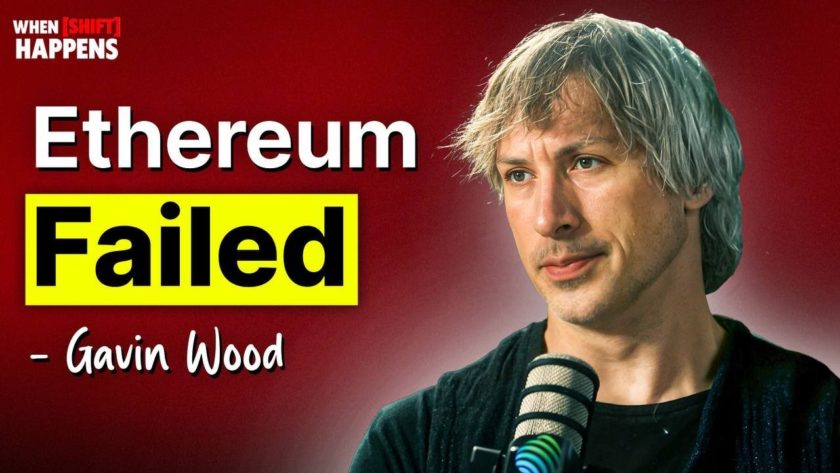Vitalik Buterin, co-founder of Ethereum, has proposed a new implementation for Ethereum that would provide a degree of anonymity to ‘one-off’ ETH transactions.
With cryptocurrency adoption gaining steam throughout the first half of 2019, some of the industry focus is beginning to shift on towards privacy and protecting the anonymity of cryptocurrency users–all while maintaining the integrity of public blockchains.
It may seem contradictory that an open-ledger, open-source technology like cryptocurrency would attempt to disguise itself with anonymous transactions. However, as Buterin writes in a post published on Wednesday,
“We need a first step toward more privacy.”
In the post Buterin outlines a proposal that would allow Ethereum users to obscure their activity on the blockchain when sending fixed quantities of ETH. Buterin calls his design a “minimal mixer” protocol, focused on ‘one-off’ privacy transactions as opposed gearing the entire network to anonymity in the vein of Monero or ZCash.
Buterin points out the obvious in users attempting to obscure their behavior on a blockchain. While they may operate out of multiple addresses, the original transactions sending ETH to those wallets are still traceable on the public leger, “reveal[ing] the link between them.”
Instead of attempting to subvert the system, Buterin’s idea involves the creation of two smart contracts–a mixer and relayer registry–which allows users the option of private transactions through what he calls an ‘anonymity set.’
In a follow-up email with CoinDesk, Buterin explained,
“Anonymity set is cryptography speak for ‘set of users that this thing could have come from.’ For example if I sent you 1 ETH and you can’t tell who exactly it was from but you can tell that it came from (myself, Alice, Bob or Charlie), then the anonymity set has size 4. The bigger the anonymity set the more privacy you have.”
The proposal retains the advantage of a public ledger while obscuring the exact sender via the anonymity set. Buterin claims that integrating anonymity sets would not require a change to the Ethereum protocol, and that a basic form of the proposal could be implemented today.
In addition to the email, Buterin updated the Ethereum community with a tweet published on May 22, further elaborating how he imagines anonymous transactions being used,
“The main use case I’m thinking of is a one-off send from one account to another account so you can use applications without linking that account to the one that has all your tokens in it. So even though it is a 2m gas cost, it only needs to be paid once per account, not too bad.”
While the majority of the Ethereum development community is focused on rolling out the 2.0 update over the coming year, Buterin continues to posit ways to grow Ethereum’s network in the meantime. On Tuesday, Buterin claimed that the Ethereum Foundation had all of the “research breakthroughs” needed for proper 2.0 integration a year ago. Despite the skeptics, the co-founder and Ethereum team remain committed to their timetable in implementing the largest transition yet for an established cryptocurrency.




